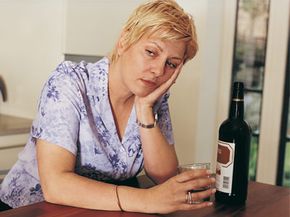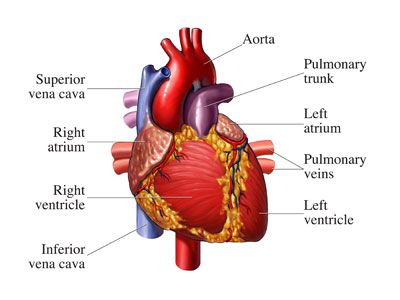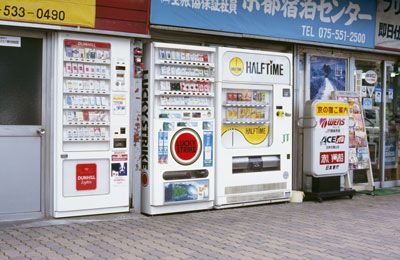We all have bad days when we just want to come home, get in comfy pajamas and indulge in guilty pleasures. Maybe a glass or two of red wine, a marathon of sappy movies and an entire carton of ice cream. But what if you felt bad all the time? Are you more likely to become addicted to these things that make you feel better? Will you get to the point where you can't function without that red wine each night, and then will you try more and more drinks and substances in the hope of finding happiness?
Health is largely a story of cause and effect. We know that obesity is likely to lead to diabetes, high cholesterol is a risk factor for heart disease, and high blood pressure is linked to an increased risk of stroke. And while depression has already been linked to several other disorders, such as anxiety, doctors are trying to discern what impact depression might have on addiction.
Advertisement
There's no doubt that there's great comorbidity, or simultaneous occurrence, of addiction and depression. Male addicts have a rate of depression three times higher than the general public, while female addicts have a rate that's four times higher [source: Albrecht, Herrick]. The link between depression and addiction holds true for more traditional substance addictions like nicotine and alcohol as well as more recently recognized impulse-control addictions, such compulsive gambling. Is it any wonder then that Nevada, with the smoky, cocktail-fueled casinos of Las Vegas, ranked as one of the 10 most depressed states in 2007 [source: MHA]?
But which came first -- the addiction or the depression? In one study, about half of patients admitted to a drug treatment program for cocaine claimed pre-existing depression, indicating that rather than seeking out therapists, these people sought out drug dealers [source: Goleman]. In another study, doctors estimated that 10 to 20 percent of alcoholics begin drinking to feel better because of depression [source: Schmeck]. Self-medicating depression may also be a factor in Internet addiction as well [sources: Phillips; Young, Rogers].
Other studies, however, seem to find that the addiction precedes the depression. For example, one study considering risky behaviors in adolescents found that taking drugs and engaging in sex at a young age predicted an increased likelihood of depression, but depression in the youngsters wasn't a good indicator of whether they would turn to drugs or sex [source: Hallfors et al.].
Is it a chicken-and-egg scenario? Possibly. But before we decide, let's peer through the smoky air and consider nicotine use. So far, this addiction provides some interesting clues about the interplay between depression and addiction. Turn the page to see if smoking is a way for the depressed to puff themselves up.
Advertisement



